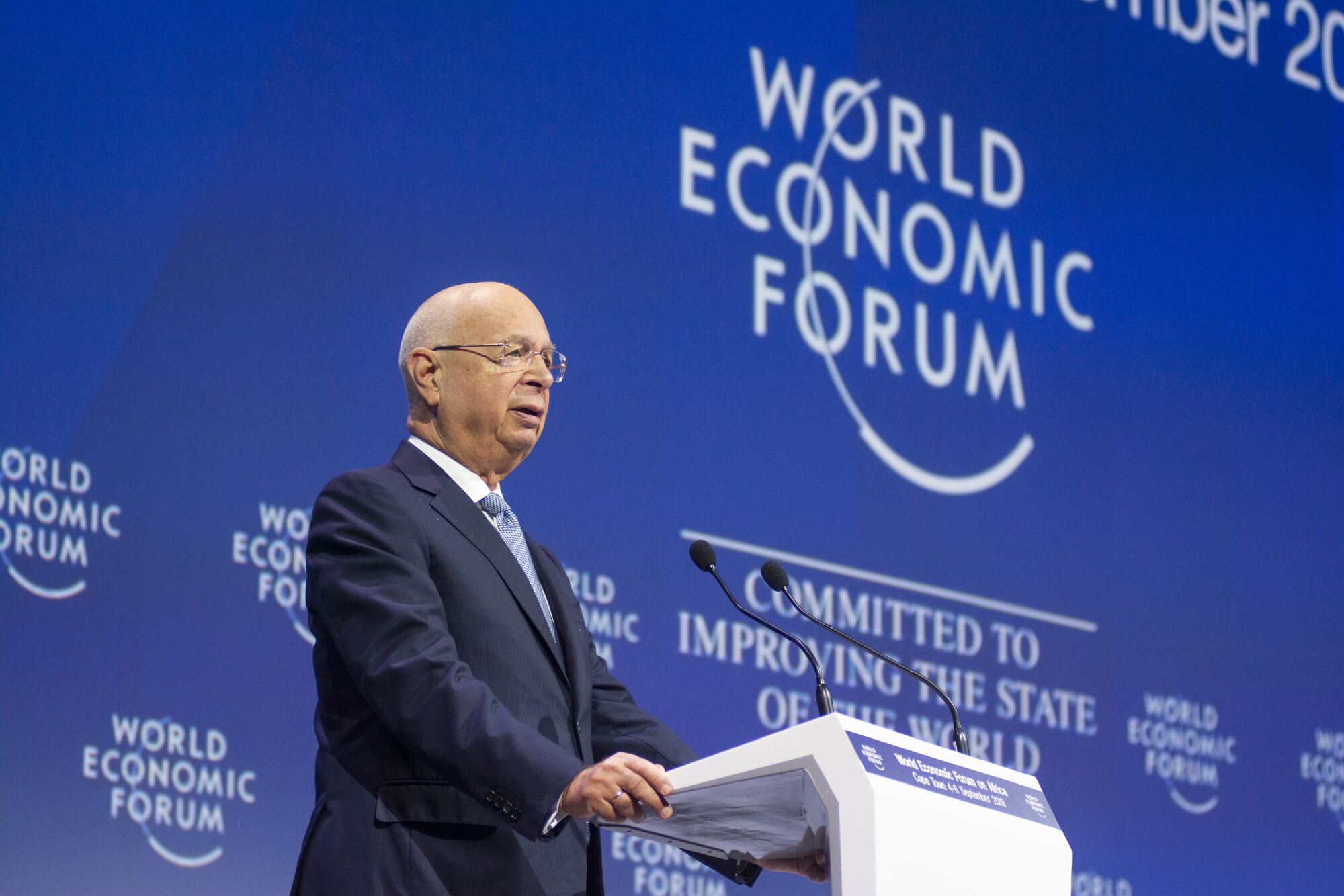World News
Klaus Schwab Announces Resignation From World Economic Forum

Klaus Schwab, the visionary founder and executive chairman of the World Economic Forum (WEF), has announced his decision to step down from his active leadership role by January 2025.
This significant transition marks the end of an era for the influential organization that has shaped global discourse for over five decades.
At 86, Schwab will transition to a non-executive role, a move that aligns with the WEF’s planned governance evolution. The organization will shift from being founder-managed to having a president and a managing board assume full executive responsibilities. This change aims to ensure sustainable leadership and continued relevance in a rapidly evolving global landscape.
A Legacy of Global Influence
Schwab, a German economist, established the WEF in 1971, initially named the European Management Forum. The annual meeting in Davos, Switzerland, has grown from a modest symposium to a premier global gathering, drawing over 2,500 participants, including heads of state, CEOs, and influential public figures from more than 100 countries. The forum’s discussions span crucial topics like economic inequality, digital innovation, and climate change.
Schwab’s Vision and Impact
Born in Germany to Swiss parents, Schwab envisioned the WEF as a platform for fostering global cooperation. He has been a steadfast advocate for collaboration among governments, businesses, and civil society to address the world’s most pressing challenges. “Big challenges—environmental, poverty—cannot be solved by governments alone, or by business alone, or by civil society,” Schwab emphasized in a 2020 interview with the Financial Times.
Under Schwab’s leadership, the WEF has not only influenced policy but also faced criticism and conspiracy theories, often being accused of elitism. Despite this, Schwab has maintained that the forum’s goal is to improve the state of the world through dialogue and partnership.
Transition and Future Leadership
The WEF has yet to name Schwab’s successor. However, over the past year, the executive board, led by President Børge Brende, has assumed full executive responsibility. Brende, a former Norwegian conservative leader, has been instrumental in steering the organization during this transition period.
The forum operates with a significant familial involvement, with Schwab’s children in high-ranking positions and his wife, Hilde, managing the organization’s foundation and awards ceremonies. This familial structure has contributed to the forum’s unique character and operational style.
Challenges and Opportunities Ahead
The WEF’s future leadership will inherit a complex landscape marked by geopolitical tensions, economic uncertainties, and technological advancements. The annual Davos meeting remains a crucial event for global leaders to network and discuss solutions to global challenges.
As Schwab prepares to step back, his legacy will undoubtedly continue to influence the forum’s direction and its impact on global governance. The WEF’s commitment to fostering dialogue and cooperation remains as vital as ever in addressing the profound disruptions of our time.
